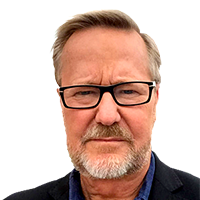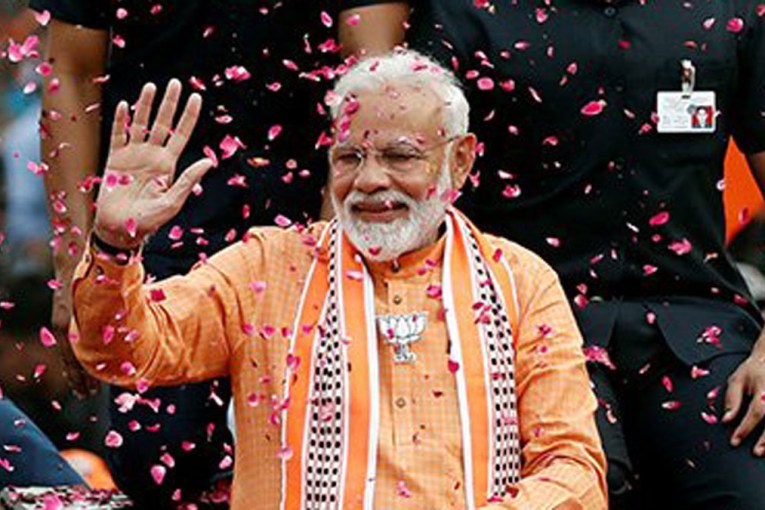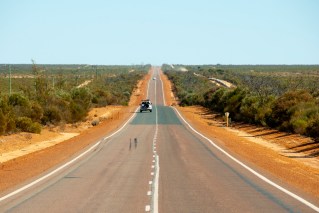Media machinations give local commercial players a chance to complain


What other people write on your Facebook is their problem, right? Maybe not. Photo: Getty
The global digital disrupters, Facebook and Google, stand charged with purloining billions of dollars of Australian advertising revenue from law-abiding and tax-paying local media.
This charge now has Commonwealth status after Senator Nick Xenophon used his NXT party’s crossbench leverage to extract from the Turnbull government a commitment to an Australian Competition and Consumer Commission (ACCC) inquiry into the Facebook/Google phenomenon.
Together with a $60.4 million ‘regional and small publishers jobs and innovation’ fund, the ACCC inquiry has been part of the deal for NXT’s support for the government’s media ownership reforms carried by the Senate on Wednesday.
Just as global internet gambling and online shopping have destabilised local operators, Facebook and Google aggressively have moved in to undermine the ad revenue base of Australian media companies.

Nick Xenophon extracted some concessions on media laws from the government. Photo: AAP
Senator Xenophon has put the gross revenues ‘hoovered’ up by the interlopers at $4 billion.
The ACCC, still to receive its terms of reference from Treasurer Scott Morrison, is to start its inquiry “into the impact of the new digital environment on media” not later than December 1.
The internet, available to everyone with a phone-linked computer or Wi-Fi-enabled device, smashes national boundaries.
The Economist has declared that commercially exploitable data from internet users is now more valuable than the global oil trade.
Facebook and Google, with their engaging, all-encompassing content and instantaneous, ubiquitous browsing, have built their now massive advertising revenues by telling ad agencies they can forensically track eyeballs.
The battle for advertising eyeballs
For those advertisers seeking to sell particular products and services, a more receptive consumer is said to be more bankable.
But some industry sources have complained to The New Daily that the interlopers lack any transparency or accountability to demonstrate advertising efficacy.
The ad spend is directed to millennials who have little discretionary spending power compared with wealthy western consumers aged over 55.
With print media’s car sales, real estate and jobs classified ad model long since wrecked by internet websites, print’s once-lucrative display advertising and brand marketing are said to be no longer as effective as precisely targeted social media ads.
All’s fair in a free market?
Not if it can be shown the interlopers actively avoid local tax from revenues derived from Australian advertisers and consumers.
And not if it can be shown that they produce negligible local content, employ no creative staff, and exploit lax domestic copyright constraints.
The ACCC is where the next battle will be fought
The ACCC is now expected to be tasked with establishing the facts about ad revenue, copyright, job generation and any investment in original Australian content.
Google and Facebook and others including Amazon and Twitter are expected to actively defend their marketplace positions and tax contributions particularly after recent tax recovery changes imposed on global players by the Australian government.
What can Australia do in the face of this disruptive power? It can follow the example of some European countries which by regulation make Google and Facebook contribute to a content fund.
Other jurisdictions including Canada are moving to establish regulated compulsory content funds rather than local content quotas.
In Australia the domestic commercial free-to-air television production industry would not have developed without a legislated local content quota.
This quota prevails today but is under pressure as Australian media companies argue for a ‘level playing field’ against Facebook and Google.
A content fund for Google and Facebook is considered more practically feasible than a quota, but again, the ACCC is expected to examine the practices in other countries before coming to a concluded view.
The Turnbull government’s other deal to get its media reforms through the Senate involves Pauline Hanson One Nation’s demand for a ‘competitive neutrality’ inquiry into the public broadcasters’ ABC iView and SBS on Demand and their online news services.
Details are still to be announced, but this inquiry is expected to be conducted by the Productivity Commission.
It will give commercial media players a platform to complain about free content provided by the ABC and SBS at a time when their own viability is under such disruptive pressure.
Quentin Dempster is a Walkley Award-winning journalist, author and broadcaster with decades of experience. He was awarded an Order of Australia in 1992 for services to journalism.








